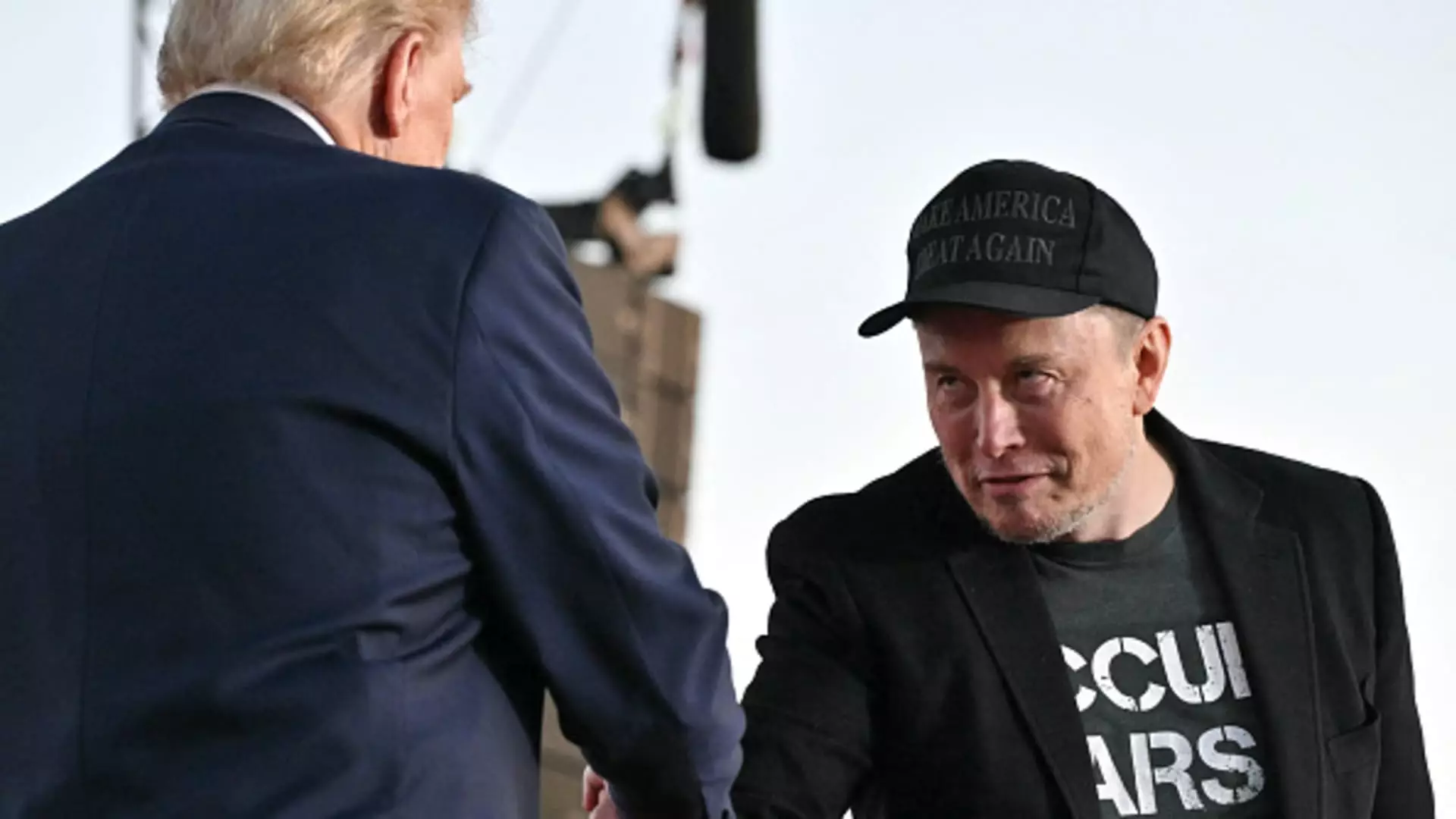The landscape of United States economic policy is currently under scrutiny as the interplay between presidential influence and the Federal Reserve becomes more pronounced. Recent comments from Tesla and SpaceX CEO Elon Musk, particularly in response to Senator Mike Lee’s provocative suggestion to place the Federal Reserve under presidential authority, reveal a growing sentiment that could undermine the historically-independent structure of monetary policy. This trend raises critical questions about the implications of such a shift for economic stability and governance in the U.S.
At its core, the independence of the Federal Reserve is grounded in the principle that monetary policy should be insulated from political pressures. This autonomy allows the Fed to make decisions based on objective economic indicators rather than political expediency, ensuring that monetary policy remains focused on long-term economic health. This independence facilitates well-considered actions like adjusting interest rates and managing inflation without immediate regard for political fallout. The potential for political interference, however, threatens to compromise this crucial function, as seen in historical instances when elected officials asserted influence over the central bank.
Musk’s endorsement of Lee’s call to adjust the Fed’s relationship with the presidency signals a troubling alliance between influential business leaders and political actors. By expressing approval through social media, Musk is not merely supporting a personal belief but potentially catalyzing a larger movement that seeks to disrupt the established economic order. These statements, while appearing innocuous or supportive, could foster an environment where monetary decisions are made in alignment with political agendas rather than economic realities. This could lead to misguided fiscal policies that may benefit short-term political goals at the cost of long-term economic stability.
Former President Donald Trump’s past relationship with the Federal Reserve characterized a pattern of public criticism directed at Fed Chair Jerome Powell and his policies. Trump’s statement during the 2024 campaign suggesting he should have a say in Federal Reserve matters exemplifies a willingness to undermine the institution’s autonomy. Such political interferences have far-reaching implications, as they can skew the Fed’s operations, leading to decisions that cater to political whims instead of economic fundamentals. This breaches the crucial wall of separation that has historically permitted the Fed to respond to economic conditions without fear of immediate political reprisal.
The prospect of a less-independent Federal Reserve should be concerning for anyone invested in the stability and growth of the U.S. economy. While engagement between political leaders and economic institutions is essential, it must not come at the expense of the very principles that allow for sound monetary policy. Upholding the Fed’s independence is vital for fostering trust in economic governance and preventing damaging fluctuations driven by political expediency. The challenges ahead necessitate a clear understanding of the importance of maintaining the boundaries between political motives and economic decision-making to protect the future of U.S. monetary policy.

